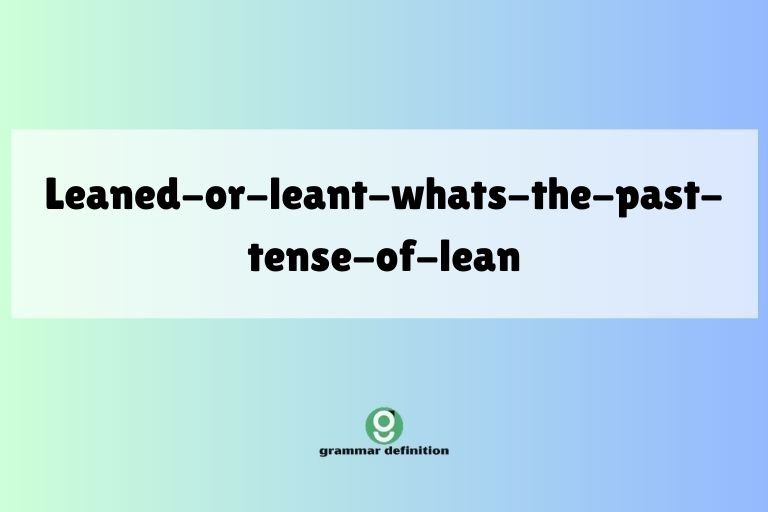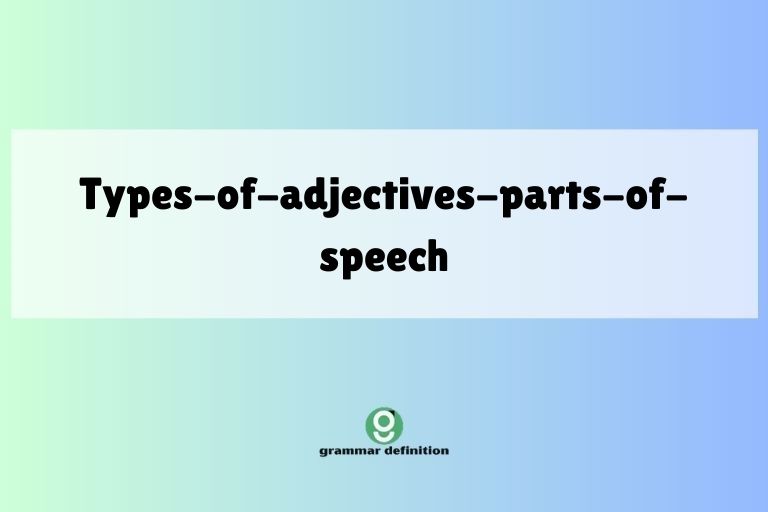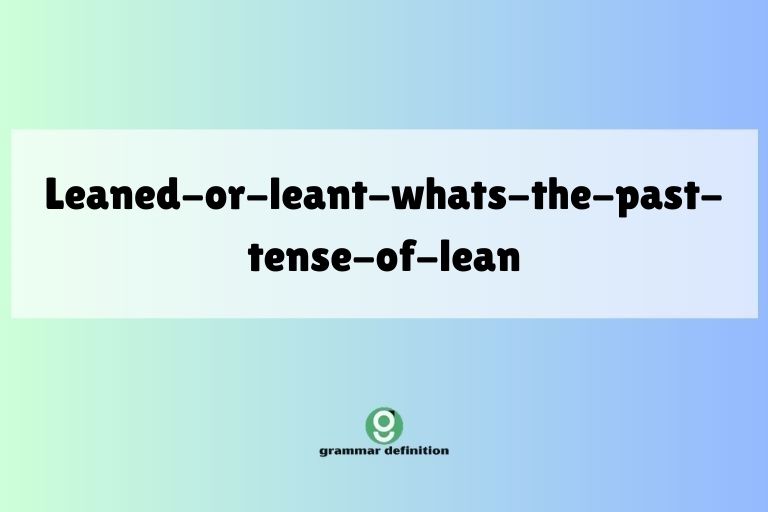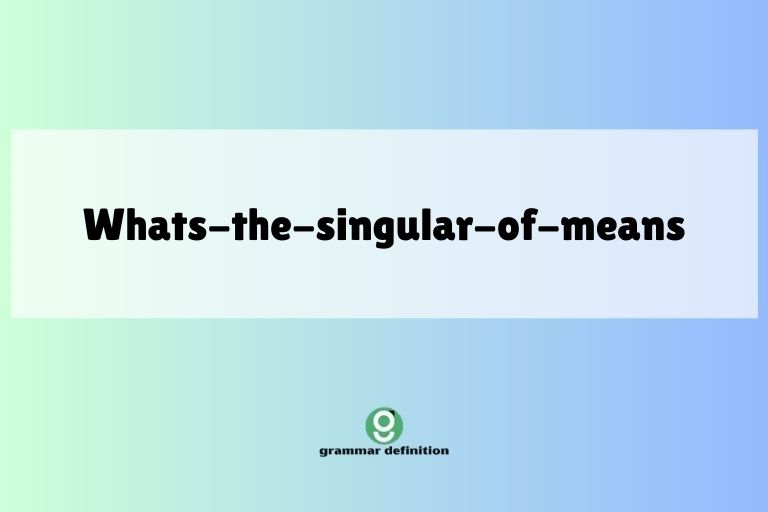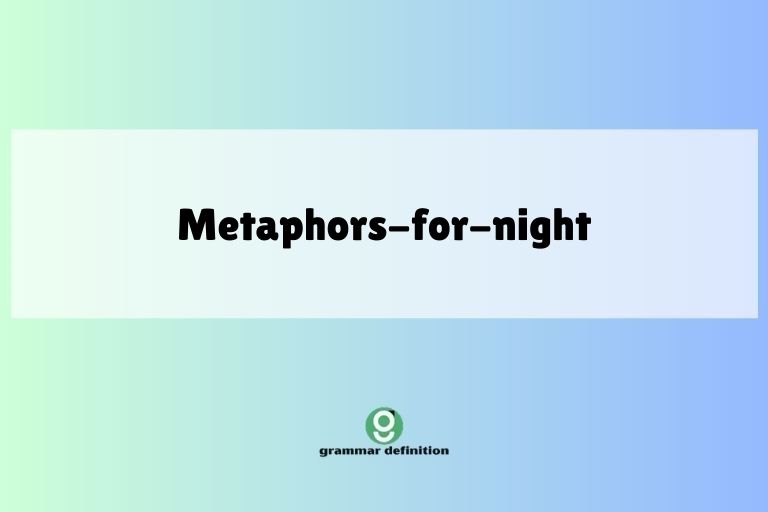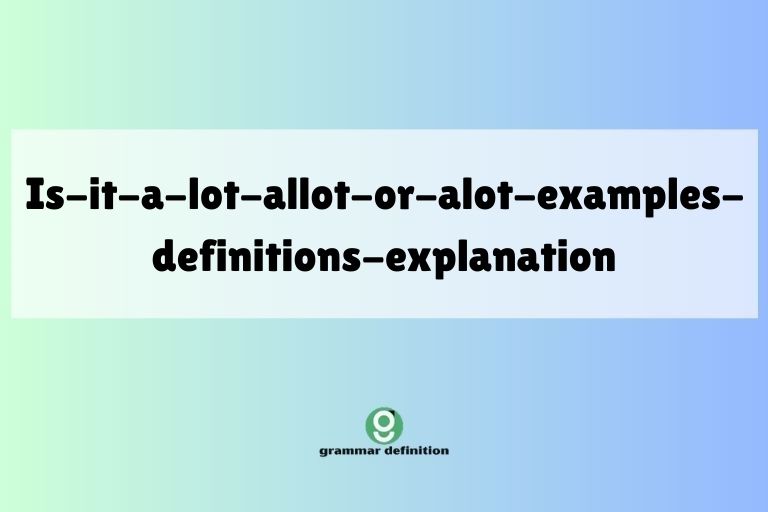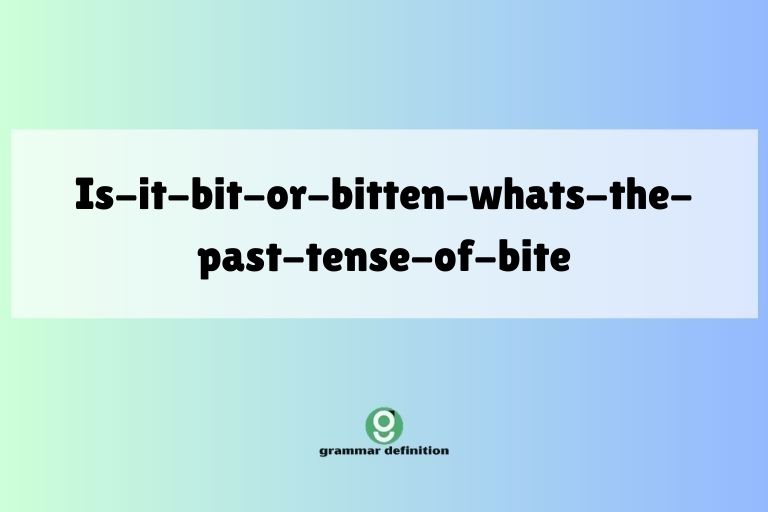What’s the Plural of Beer? A Comprehensive Guide
Understanding how to pluralize nouns correctly is a fundamental aspect of English grammar. While some nouns follow straightforward rules, others, like “beer,” present unique challenges. This article aims to provide a comprehensive guide on the pluralization of “beer,” covering its various forms, contexts, and common mistakes. Whether you’re an English language learner, a writer seeking … Read more

